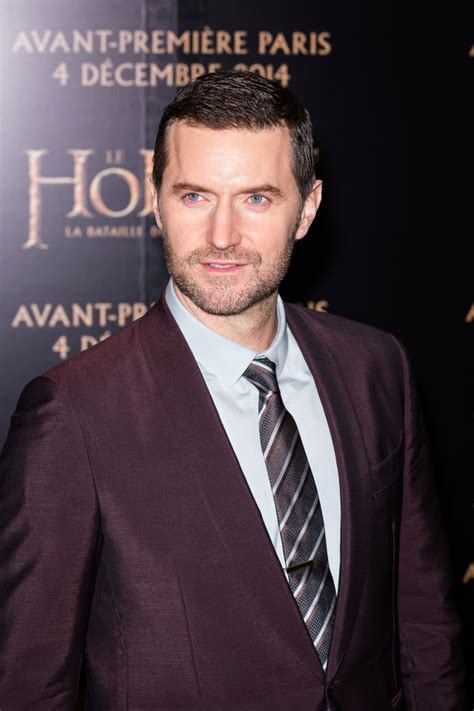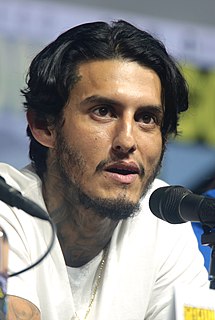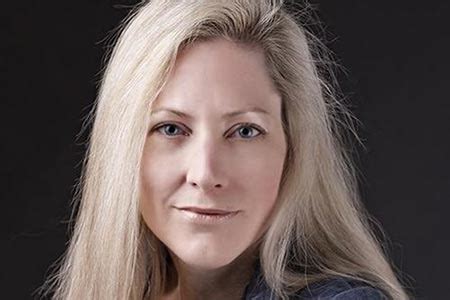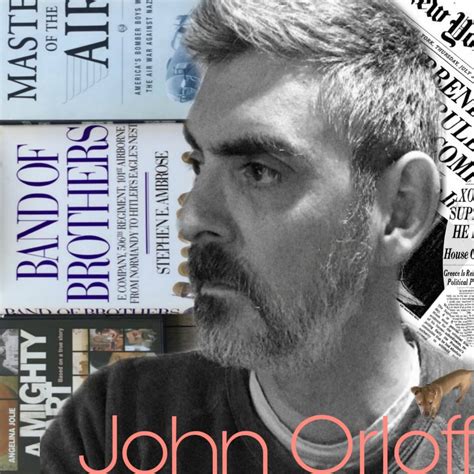A Quote by Patrick Rothfuss
The thing that helps me do a good job is that I don't feel the need to explain everything about the world to my reader. I'm not writing a history text on the Four Corners. I'm telling a story that's set there. The setting belongs in the background for the most part, and it's easy for fantasy authors to forget that. That's one of the unfortunate parts of Tolkien's legacy, in my opinion. Read the first hundred pages of the Fellowship of the Ring and you start to get pissed, "Shut up about the Shire's museums! Isn't the world supposed to be in peril or something?"
Quote Topics
About
Authors
Background
Belongs
Corners
Easy
Everything
Explain
Fantasy
Feel
Fellowship
Fellowship Of The Ring
First
Forget
Four
Get
Good
Good Job
Helps
History
Hundred
In My Opinion
Job
Legacy
Me
Most
Museums
Need
Opinion
Pages
Part
Parts
Peril
Read
Reader
Ring
Set
Setting
Shire
Shut
Shut Up
Something
Start
Story
Supposed
Supposed To Be
Telling
Text
Thing
Tolkien
Unfortunate
Up
World
Writing
Related Quotes
I think the tendency to over-explain and over describe is one of the most common failings in fantasy. It's an unfortunate piece of Tolkien's legacy. Don't get me wrong, Tolkien was a great worldbuilder, but he got a little caught up describing his world at times, at the expense of the overall story.
Tolkien understood about the things that happen after the end. Because this is after the end, this is all the Scouring of the Shire, this is figuring out how to live in the time that wasn’t supposed to happen after the glorious last stand. I saved the world, or I think I did, and look, the world is still here, with sunsets and interlibrary loans. And it doesn’t care about me any more than the Shire cared about Frodo.
When Peter Jackson did The Lord of the Rings trilogy with Fellowship of the Ring, not everyone had read Tolkien, and yet somehow with that scope and the spectacle of that fantasy, people were willing to give it a shot. And when they watched the first one, the characters drew them in and they started understanding the story. And then, all of a sudden, they were The Lord of the Rings fans, even if they never read Tolkien.
One easy mistake to make with the first novel is to expand the short story. Some things are better as a story; you cannot dilute things into a novel. I think the first hundred pages of a novel are very important. That's where you set things up: the world, the characters. Once you've set that up, it'll be much easier.
I might spend 100 pages trying to get to know the world I'm writing about: its contours, who are my main characters, what are their relationships to each other, and just trying to get a sense of what and who this book is about. Usually around that point of 100 pages, I start to feel like I'm lost, I have too much material, it's time to start making some choices. It's typically at that point that I sit down and try to make a formal outline and winnow out what's not working and what I'm most interested in, where the story seems to be going.
People even split up by text message, they dump each other by text. Everything seems so disposable, so throwaway, but you have to engage with that if you're writing about the modern world. You've also got all these pop references that you feel obligated to make. They're just part of the bricolage of the whole thing, whether or not these are actually significant elements themselves.
Learning the craft as an actor in Los Angeles is a very hard thing to do, in my opinion. We all come from a certain world and when you start learning the craft, you need material to read/study that you can relate to. We do not have too many Latino writers on the West Coast that I was able to relate to (or at least, I didn't know at the time). I came from the streets, so the most published authors had no relation to my world. As soon as I picked up Pinero & Guirgis, it was all over. It was my world, just in a different location. They cracked me open inside and out.
I love actors. Part of that is my theater background and being a writer who cares about performance. Actors have usually chosen their profession because they have a dream of doing it and they want to express something about the world. That's the same thing that I have with writing. Most of the good actors get into it for those reason, rather than for reasons of fame or fortune, or anything like that, and that's where I'm coming from, as a storyteller.
The difference when I'm writing a story versus writing a joke is that writing a joke is so much more about the structure and it's less about the conversation. To me, the thing that I love about stand-up is the intimacy between performer and audience.To get it even more conversational was something that really appealed to me and that I really enjoyed doing. My early experiments with it, with just telling a story from my life on stage, it was so satisfying to do. And seemingly for the audience as well. It's a different thing, and it's a different feeling and a different vibe.
I read John Irving's novel 'The World According To Garp' when I was about 14 or 15. It was the first grown-up book that I had read. It is the story of a young man who grows up to be a novelist. I finished it, and I wanted to write a book that made the reader feel the way I felt at the end of that, which was sort of both bereft and elated.





































